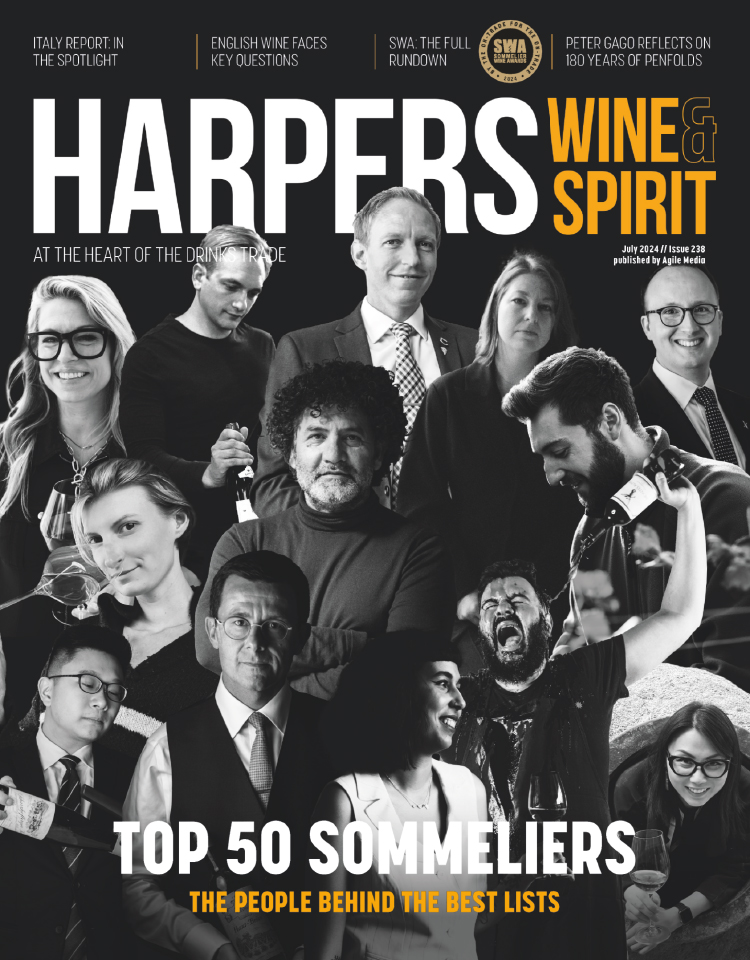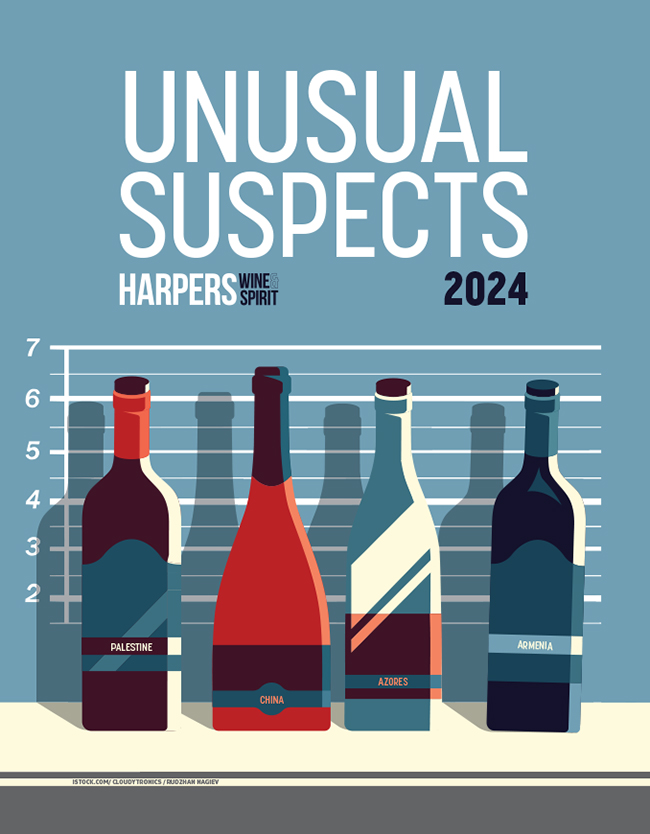
Time to act as alcohol duty review consultation deadline looms
Calls for the drinks trade to voice its concerns over the government’s alcohol duty review have ramped up as the consultation period nears its close on 30 January, potentially adding a £220 million additional tax burden on wine.
Industry representatives, including trade body WSTA, Wine Drinkers UK, and vocal campaigning merchants such as Hal Wilson of Cambridge Wine Merchants and Daniel Lambert of Daniel Lambert Wines, are urging colleagues across the UK wine trade to add their voice and views via the consultation form provided by government for feedback.
The trade’s core issues with the proposed new duty system are that it massively complicates the tax regime, landing wine with 27 tiers according to abv, as opposed to the current three tiers (for Sparkling wine, still wine up to 15% abv and fortifieds above 15%), while hitting wine – the most popular alcoholic beverage in the UK – with an additional tax burden above and beyond that for sprits, beers and ciders.
Speaking to Harpers, Wilson questioned why, if the stated post-Brexit aim is to simplify duty on alcohol, government appears to want to follow a path of complicating things for importers and exporters.
“The stated policy is to simplify the duty regime, and yet the government has come up with three different rates for anything between 3.5% abv and 8% abv, different rates for drinks below 3.5% abv, and then a different rate for everything over 8.5% abv.
Wilson added that Cambridge had crunched its own figures with regard to its portfolio and sales, saying that the duty review as it stands would add over 11% to the average price of wines in its portfolio.
The increased burden to the UK wine trade as a whole, which already raises some £4.4bn annually in duty revenues, would be around £220m, according to the WSTA.
This, of course, comes at a time when upwards pressures on price have been delivered by short vintages, increased shipping costs, glass prices, packaging, general inflation in the cost of living and much else besides.
The proposed increase of duty linked to rise in abv has been widely decried as unworkable, for many practical and social reasons, also seemingly going against what Boris Johnson described as a “Brexit benefit” in his New Year’s Eve message.
Given that trade has become more difficult – and more expensive – with the UK’s primary source of wine, namely the EU, a supposed bonus was to be trade deals with the likes of Australia and New Zealand.
“This is also a sunshine tax,” says Wilson, referring to the tendency for warmer climate New World wines to have higher abvs.
“We’ve basically negotiated a trade deal to make it less expensive to import wine from some countries like Australia and New Zealand, to do away with customs tariffs, [saving] 10p on a bottle, but now we are going to add on up to 40p.”
Wilson thinks that the “penny is beginning to drop” with politicians, who have been looking at change for change’s sake, but stresses that “it’s kind of mandatory for the trade at this stage to have a view and make that view heard” to head off the proposals in their current form.
The proposed new system has many things running against it. In addition to taxing wine unfairly against other alcohol categories, it makes pricing unstable from vintage to vintage, as abv fluctuates up and down, creating additional difficulties for suppliers looking to keep prices fairly level for their customers year-on-year.
Then there is the need to check and police that the abv stated on an import form is actually the correct abv in the bottle, and at a time when customs are straining to breaking point. The temptation to make fraudulent (low) abv claims can only increase.
Then there are all of the wines currently in UK bond that would need checking before being released, with 27 differing duty codes – as opposed to the current three – possibly needing to be applied.
Images of 1982 Margaux cases being crowbarred open and tested aside, there is also the consideration that most wine consumed in the home in the UK is bought by women. The new duty regime would operate (unintendedly or otherwise) as a gender-biased tax, hitting the lower paid gender harder in the pocket.
Government has a duty to carry out an equality impact assessment on such changes in policy, but has so far failed to do so.
Wilson suggests that wine – the majority of which is imported – is always seen as “a soft touch” by government. More provocatively, he highlights that while beer gets off with a light touch, wine is also now a popular staple with voters in the ‘Red Wall’ seats, not just the traditional Conservative heartlands in the south.
“What we’re hearing at the moment is that if you happen to drink wine, then you are looking at double digit inflation increase in price… and as a populist government, if you are hammering one particular type of alcohol, which happens to be the most popular type of alcohol – and there’s plenty of evidence that wine is popular in Red Wall seats – then that doesn’t make it ‘fairer’.”
Wilson and others suggest a clear counter proposal, arguing for two duty codes, with the welcome levelling of duty on sparkling wine with still wine then seeing both folded into a ‘UK13’ band (the average abv of these wines being around 13%), plus one additional higher duty ‘UK18’ band that would cover fortified wines.
“MPs are going to be asking various questions around impact assessment, about a national abv stocktake, about creating 27 codes where there are three at the moment, and about how you manage stuff at the border, plus other concerns besides. I think those are pretty fundamental questions to answer, but I think if we all keep the pressure on, we can encourage government to come up with a more workable answer,” says Wilson.
Further details of the proposed new alcohol duty system and the consultation response template can be found here.
Keywords:
- wine
- Spirits
- WSTA
- tax
- Hal Wilson
- uk government
- brexit red tape
- Alcohol Duty Review
- duty increase
- consulation period
- price increase






